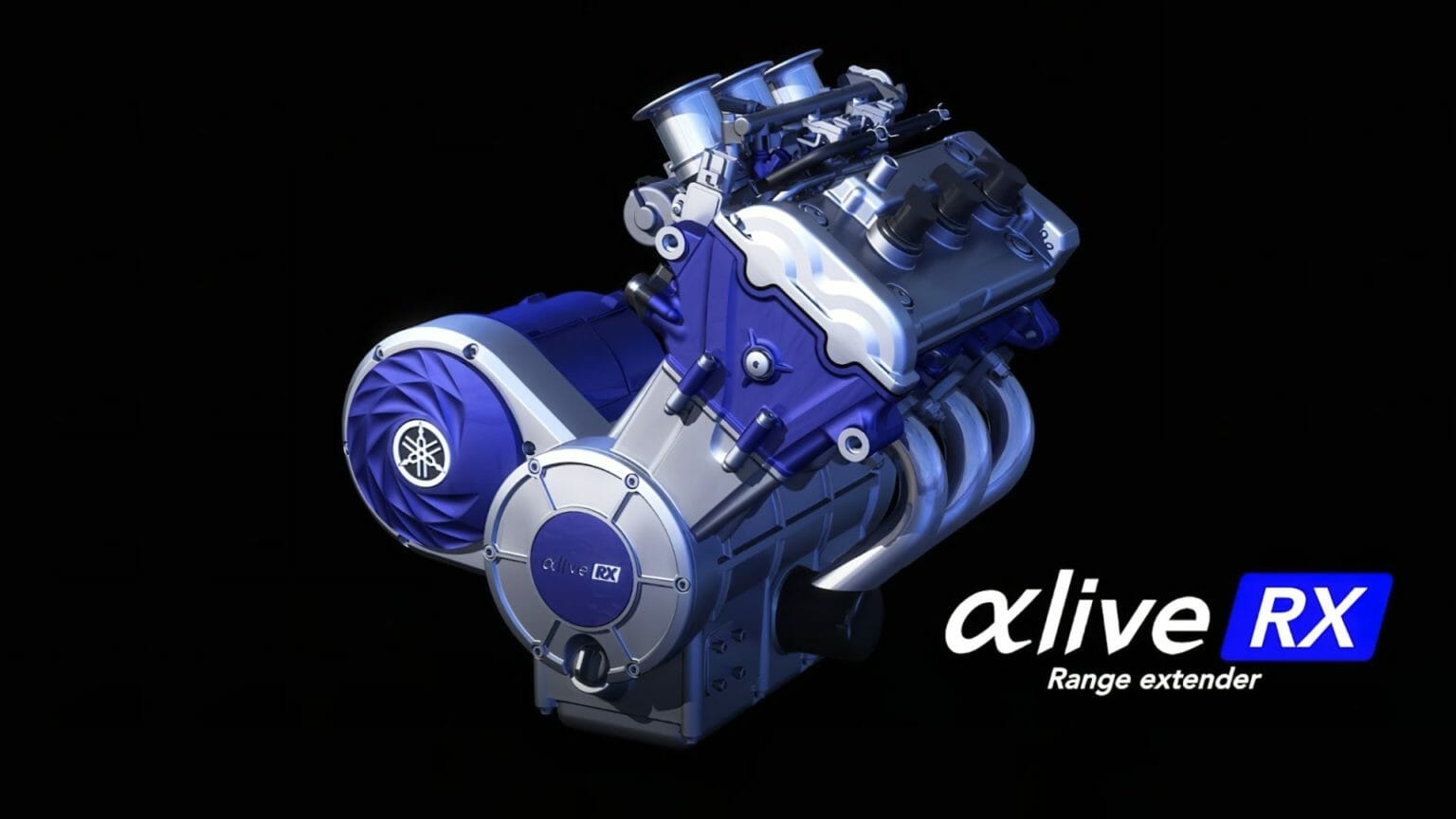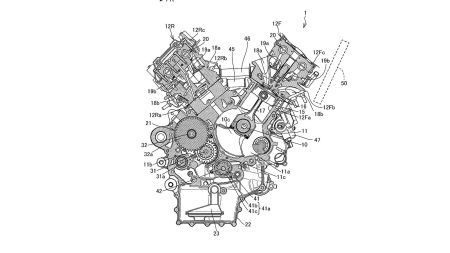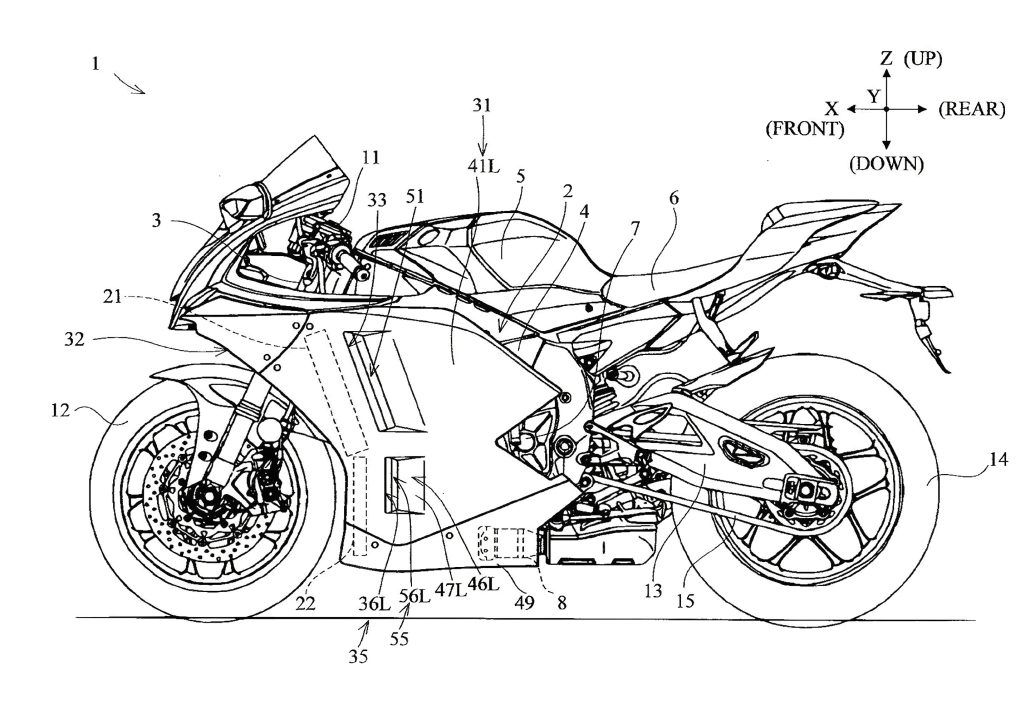Yamaha – open-minded view of the future
Yamaha doesn’t seem convinced that electric propulsion is the only way forward. The Japanese company is investing heavily in electromobility, but like many enthusiasts, it keeps an open mind about what the future might hold. Not only is it focused on developing electric powertrains and battery technologies, but it is also pushing its e-fuel program at the same time.
Yamaha’s president and CEO, Yoshihiro Hidaka, explained in an interview with the Japan Times that the company is taking a multifaceted approach to finding alternatives to the gasoline-powered internal combustion engine. “We want to keep many options and opportunities open to achieve carbon neutrality,” he explained.
Hydrogen – a surprising alternative?
One of those opportunities is hydrogen. Given the widespread acceptance of battery electric vehicles (BEVs), it would be easy to overlook the potential of hydrogen. Hydrogen electric cars are not new – think of the Toyota Mirai, for example. But Yamaha’s vision of hydrogen powertrains goes beyond electric motors and aims to preserve the internal combustion engine.
“Among Japanese two-wheeler manufacturers, there are hardly any that are testing hydrogen in addition to electric technology. That’s why we took the lead and set up a facility to test battery and hydrogen technology as well as carbon-neutral fuels,” Hidaka explained.
Yamaha and hydrogen – no strangers
Yamaha is no newcomer to hydrogen combustion engines. The company collaborated with Toyota to develop the engine for the world’s first liquid-cooled hydrogen race car. In May 2023, the Toyota Corolla H2 Concept successfully competed in a 24-hour endurance event at Fuji International Speedway – a first for both the automotive sector and the motorsports world.
Hydrogen – a road with challenges
Despite all the potential of hydrogen, however, there are also drawbacks. For example, it is currently not as efficient as conventional fuel. Moreover, the technology for compressing hydrogen and refueling vehicles is not yet as widespread as charging stations for electric vehicles and is still considered a niche technology. Nevertheless, electric vehicles were also once such a niche technology and have spread rapidly within a few years.
Yamaha’s vision for the future
Japan’s automotive industry is undoubtedly one of the largest and most influential in the world. With 5.5 million people employed locally, Yamaha and other key players in the automotive and motorcycle sectors can certainly help shape the future of mobility. Yamaha has always been a company focused on innovation and technology.
Hidaka explained, “It’s better to have the technology ready and archived first. When the world moves in that direction, we will bring the technology to the market and start mass production.”
[amazon bestseller=”Motorrad waschen” items=”3″]









